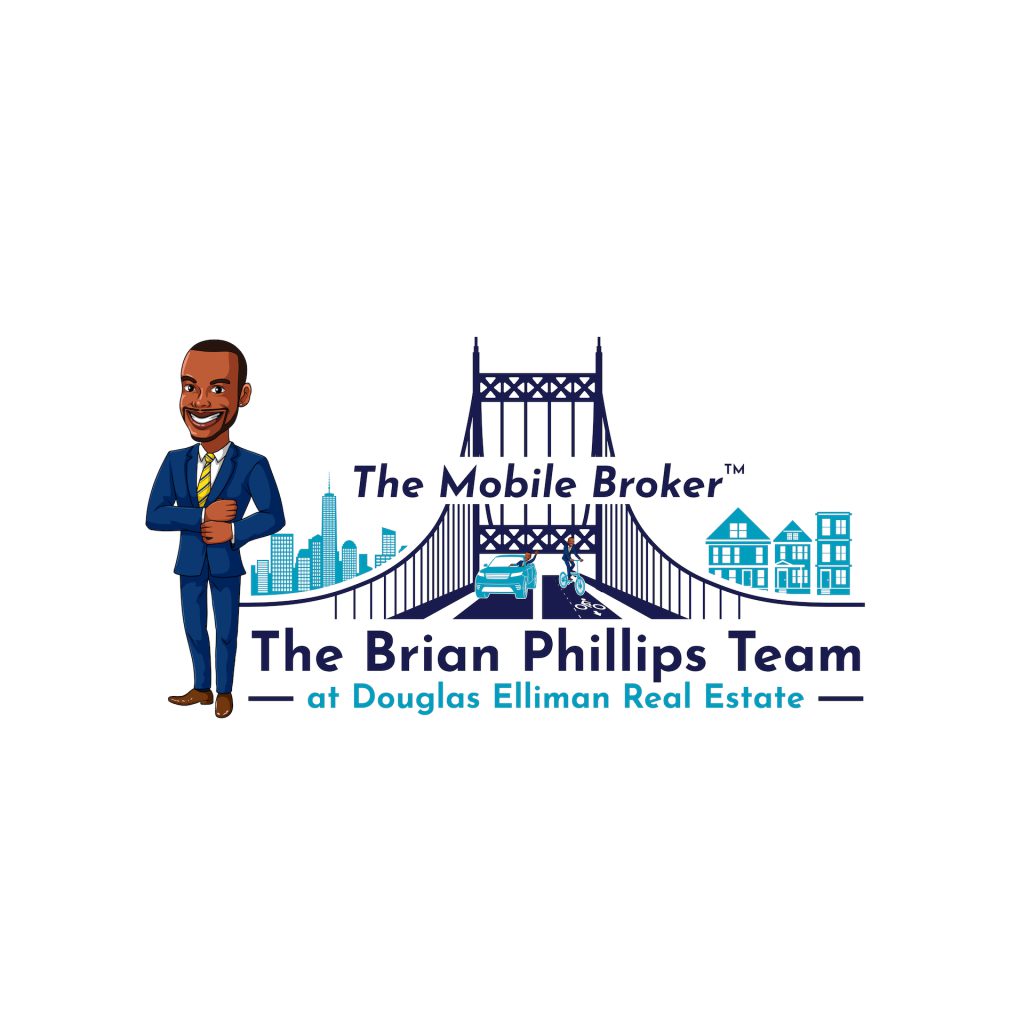When buying a townhouse in New York City, there are several important factors to consider. Here are some key considerations to keep in mind:
- Budget: Determine your budget before starting your search. Consider not only the purchase price but also additional costs such as closing costs, property taxes, and potential renovation expenses.
- Location: Evaluate the neighborhood and location of the townhouse. Consider factors such as proximity to amenities, schools, transportation, and your daily needs. Research the neighborhood’s safety, development plans, and overall desirability.
- Size and Layout: Determine if the size and layout of the townhouse meet your needs. Consider the number of bedrooms, bathrooms, and overall living space. Think about your current and future lifestyle requirements.
- Resale Value and Market Trends: Consider the potential resale value of the townhouse. Research recent sales and market trends in the area to understand the property’s appreciation potential. Consult with a real estate agent who specializes in the local market for insights and guidance.
- Legal and Financial Considerations: Engage a real estate attorney to review all legal documents, contracts, and financial obligations associated with the purchase. Ensure you understand the terms and conditions before proceeding.
- Future Plans: Consider your long-term plans and how the townhouse fits into them. Evaluate factors such as potential for expansion, rental income, or resale value if your circumstances change.
- Professional Guidance: Work with a real estate agent who specializes in townhouses in New York City. They can provide valuable insights, guide you through the buying process, and help you find the right property that meets your needs and preferences.
There are several potential pitfalls to be aware of when purchasing a townhouse in New York City. Here are some common ones to consider:
- Renovation Challenges: Many townhouses in New York City require renovations or updates. It’s crucial to thoroughly assess the condition of the property and factor in the costs and complexities of any necessary renovations. Be prepared for potential challenges such as obtaining permits, complying with building regulations, and managing construction timelines.
- Hidden Issues: Older townhouses may have hidden issues that can be costly to address. It’s essential to conduct a thorough inspection and hire a qualified inspector to identify any potential problems, such as structural issues, plumbing or electrical problems, or environmental hazards.
- Building Regulation, Zoning and Land Use Restrictions: Familiarize yourself with the building regulations. New York City has strict zoning regulations and land use restrictions. It’s important to understand the zoning laws and any limitations they may impose on your plans for the townhouse. Ensure that your intended use of the property aligns with the zoning regulations.
- Financing Challenges: Obtaining financing for a townhouse purchase in New York City can sometimes be more challenging than for a traditional apartment. Lenders may have stricter requirements, and you may need to provide a larger down payment or meet specific financial criteria. It’s important to explore your financing options and work with a knowledgeable mortgage broker or lender.
- Market Volatility: The real estate market in New York City can be volatile, with fluctuations in prices and demand. It’s important to carefully consider market conditions and trends before making a purchase. Consult with a real estate agent who has expertise in the local market to gain insights and guidance.
- Legal and Title Issues: Engage a real estate attorney to review all legal documents, contracts, and title reports associated with the townhouse. Ensure there are no legal or title issues that could pose problems in the future. Before you retain an attorney, you may want to search the Department of Buildings as well as the Housing Preservation & Development (HPD) websites for the property status and for outstanding violations. If you are aware the property has outstanding violations and possible liens, consider paying for a title report to uncover all of them prior to signing a contract of sale rather than afterwards which is common practice.
Navigating these potential pitfalls requires thorough research, due diligence, and professional guidance. Working with a real estate agent who specializes in townhouses in New York City and consulting with a real estate attorney can help you navigate the complexities of the buying process and mitigate potential risks.

